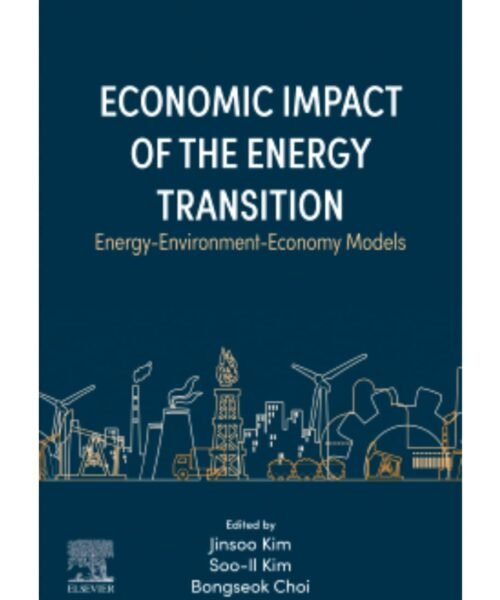Governor Otti’s Strategic Partnership in the Fight Against Malnutrition and Poverty in Abia State
By Ebere Uzoukwa, PhD
Governor Alex Chioma Otti’s commitment to combating malnutrition in Abia State reflects a far-reaching, strategic, and profoundly human-centered approach to governance. Through the launch of the Nutrition 774 Initiative in partnership with the Federal Government, Governor Otti is confronting a long-standing public health crisis that continues to silently undermine the growth and future of children and families. Describing malnutrition as both a ticking time bomb and a silent emergency, the Governor has framed the issue as one that demands urgent, decisive, and sustainable action. Rather than treating it in isolation, his administration has placed it within a broader development framework that connects nutrition to poverty reduction, food security, economic empowerment, and social protection.
This integrated approach reflects both vision and pragmatism. Governor Otti recognizes that malnutrition is deeply linked to wider socio-economic conditions such as poverty, unemployment, and insecurity. Accordingly, his administration is pursuing a holistic development strategy that channels substantial investments into key sectors including healthcare, education, infrastructure, agriculture, and security. Since assuming office, the government has committed over one-third of its annual budget to education and health—affirming its belief that investing in people is the most effective way to secure the future. By prioritizing the well-being of the most vulnerable, particularly children, the administration is laying a strong foundation for long-term human capital development across the state.
Equally central to Governor Otti’s strategy is the revitalization of agriculture as a powerful tool for combating hunger and achieving food sufficiency. In a country as naturally endowed as Nigeria, the persistence of food insecurity and malnutrition is unacceptable. The Governor has made it a priority to support rural farmers through expanded access to improved seedlings, farm inputs, agricultural financing, and advisory services. These interventions are designed to increase productivity and reduce food prices, which have been driven higher by inflation, insecurity, and inadequate infrastructure. Beyond production, the Governor is actively engaging stakeholders to invest in agriculture and remove systemic barriers that discourage farming, particularly among the youth. His commitment goes beyond feeding the population—it is about creating wealth, stabilizing communities, and building resilience through a sustainable agricultural economy.

The fight against malnutrition also hinges on strong social protection systems. In this regard, Governor Otti’s administration, through the Ministry of Poverty Alleviation and Social Protection, is implementing targeted interventions to reduce economic hardship. These include conditional cash transfers to vulnerable families, women and youth empowerment programs, support for local cooperatives, and initiatives focused on job creation. The Governor’s insistence that workers be paid before political officeholders is a powerful reflection of his belief in responsible governance and social justice. He understands that a child’s nutrition and well-being cannot be separated from the economic strength of their household. By ensuring that Abians have stable incomes, the government is empowering families to meet their basic needs with dignity.
Complementing these sectoral reforms is a broader economic development agenda that is transforming Abia into a more vibrant and inclusive economy. Governor Otti is championing entrepreneurship, easing the cost of doing business, and attracting investments in high-impact sectors such as agro-processing, light manufacturing, and technology. These reforms are not only creating jobs but also fostering innovation and productivity in both urban and rural communities. Through strategic partnerships and deliberate policy reforms, the state is opening up new pathways for youth and women to participate actively in economic development and share in the prosperity being created.
Governor Otti’s leadership stands out for its clarity of purpose and commitment to inclusive growth. He understands that addressing malnutrition requires more than empathy—it requires structural change. His engagement with the Nutrition 774 Initiative is not symbolic; it is a direct extension of his governance philosophy, which is rooted in evidence-based policy, collaboration, and measurable outcomes. By working closely with federal authorities, local government area councils, traditional leaders, and civil society, he is ensuring that the fight against malnutrition reaches every community and every child.
Through the Nutrition 774 Initiative and his broader development vision, Governor Otti is restoring hope to thousands of families across Abia State. By embedding the fight against hunger and deprivation within a larger framework of social and economic renewal, he is not only building a healthier population but also strengthening the very fabric of society. His leadership sends a powerful message: with political will, strategic action, and compassion, even the most daunting challenges can be overcome. Under his watch, the Nutrition 774 Initiative is more than just a program but a bold and transformative commitment to uplift lives, uphold dignity, and secure a future of opportunity for all Abians.
Dr. Ebere Uzoukwa is the Senior Special Assistant to the Governor of Abia State on Public Affairs.







